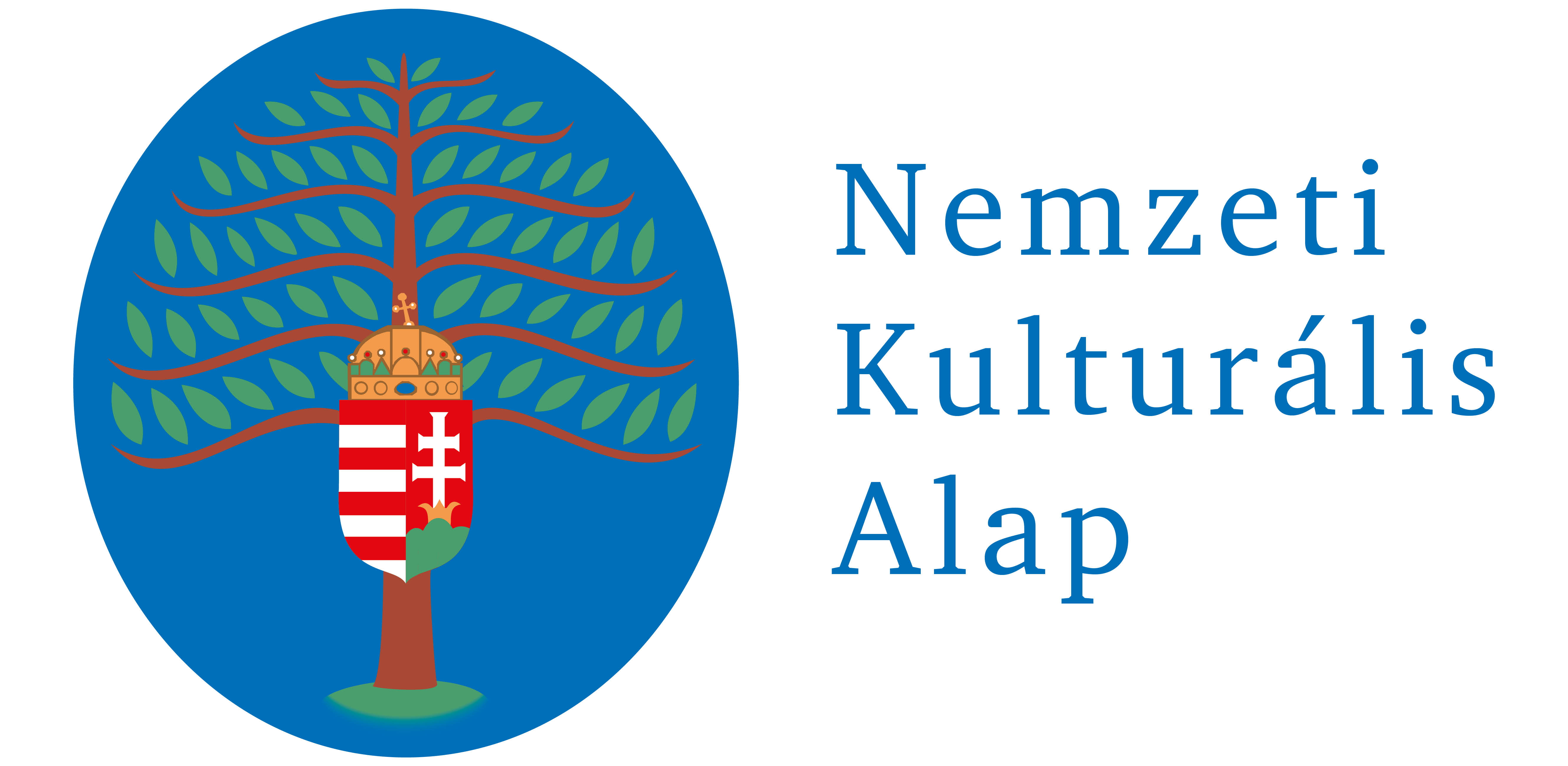Naptár
2024. április 15–19.
2024. április 20.
Eötvös József Kárpát-medencei középiskolai szónokverseny
2024. április 24. – május 3.
Tovább...
4. 2023.
Abstracts in English
Studies
Gósy, Mária – Abari, Kálmán
Speech processing patterns of children with late language onset
Late language emergence is a multifactorial phenomenon that may concern all linguistic fields during language acquisition. Late talkers are reported to show either typical receptive language abilities or various impairments in speech perception and verbal comprehension. This cross-sectional study focuses on late talking Hungarian children′s speech processing at the ages of six and eight. The language onset of the 104 participants of the study was either at the age of 3 or at the age of 4 while 52 typically developing children were randomly selected as controls. Six tasks of the standardized Hungarian GMP test package were used to evaluate the children′s receptive skills (sentence and nonword repetitions, speech sound discrimination, sentence- and text comprehension). Children with language onset at 4 scored significantly below children with language onset at 3 irrespective of their age. All late talkers underperformed the control subjects′ performance level on the given measures. The discussion concerns (i) the late talkers′ receptive skills depending on language onset and (ii) the changes in speech processing performance between 6-year-old and 8-year-old participants.
Pál, Henriett – Gál, Franciska
A longitudinal study of storytelling interventions among children with conductive education experiencing atypical developmental trajectories
In Hungary, several studies have investigated the effectiveness of processing carefully selected and well-structured stories among typically developing children in kindergarten. However, there are very few studies on the impacts of storytelling interventions on children with atypical developmental trajectories. This study presents a storytelling intervention experiment carried out among children with atypical developmental trajectories for several years, along with the results of the validity and reliability of the measurement tools employed in this intervention. The storytelling intervention experiment has been conducted five times with three children undergoing conductive education and exhibiting atypical developmental trajectories. The children were asked to make true/false statements about five stories rewritten for the purpose of the experiment. Based on the content analysis of protocols and video recordings, the results indicate that the developed measurement tool proves suitable for recording the children′s responses. This study may contribute to the use of the intervention possibilities of evidence-based practice that can be implemented in small-sized groups of children.
Gyenei, Kornélia
Possibilities for investigating the process of composition writing
It may be important in the future of secondary school students′ lives how they are able to compose various texts within a given time. If we investigate the details of the process of writing compositions, it may contribute to the more effective development of students′ writing skills. The aim of this pilot research is to test a method that follows the process of written text production. This research project examined the composition writing process of ten eleventh-grade secondary school students in front of a computer. This operation was recorded by the students using screen capture, allowing for the identification of pauses in thinking during text production. The secondary school students took similar pauses during composition writing when performing tasks with lower and higher cognitive demands. The results of the pilot study indicate that there is a need to enhance the writing skills of secondary school students.
Workshop
Schirm, Anita
Grammar teaching: food for thought
This study presents ideas for exercises for the teaching of Grice’s maxims at secondary school. This paper argues for the type of grammar teaching which provides information, makes students think and is thought-provoking, playful and entertaining at the same time. This study also encourages the use of diverse text types that stand close to students. As part of the curriculum, Grice’s theory is appropriate for the demonstration of this teaching approach because following and violating the maxims as well as recognizing the implied content and making it recognized may support students in everyday communication. In addition, it also reveals how useful grammatical knowledge might be in ordinary life.
Bereczki, Ildikó
The possibilities of the connection between first language and mathematics
First language skills are essential in learning other subjects and in students′ academic efficiency. Text comprehension plays a significant role in solving text-based mathematical problems, as well. This study examines the relationship between text comprehension and mathematics. The first part covers the theoretical background of this topic, citing results from research on text-based mathematical problems. Based on these, it presents a model that describes problem-solving strategies and specifies the conditions for successful problem-solving, including the role of text comprehension. The next part of the study addresses the relationship between mathematics and first language development, with a focus on the attitude-forming impact. The concluding part recommends tasks that require both mathematical and first-language skills for their solution. It provides examples of complex mathematical and text comprehension tasks that have a positive effect on students′ attitudes towards subjects and learning outcomes.














